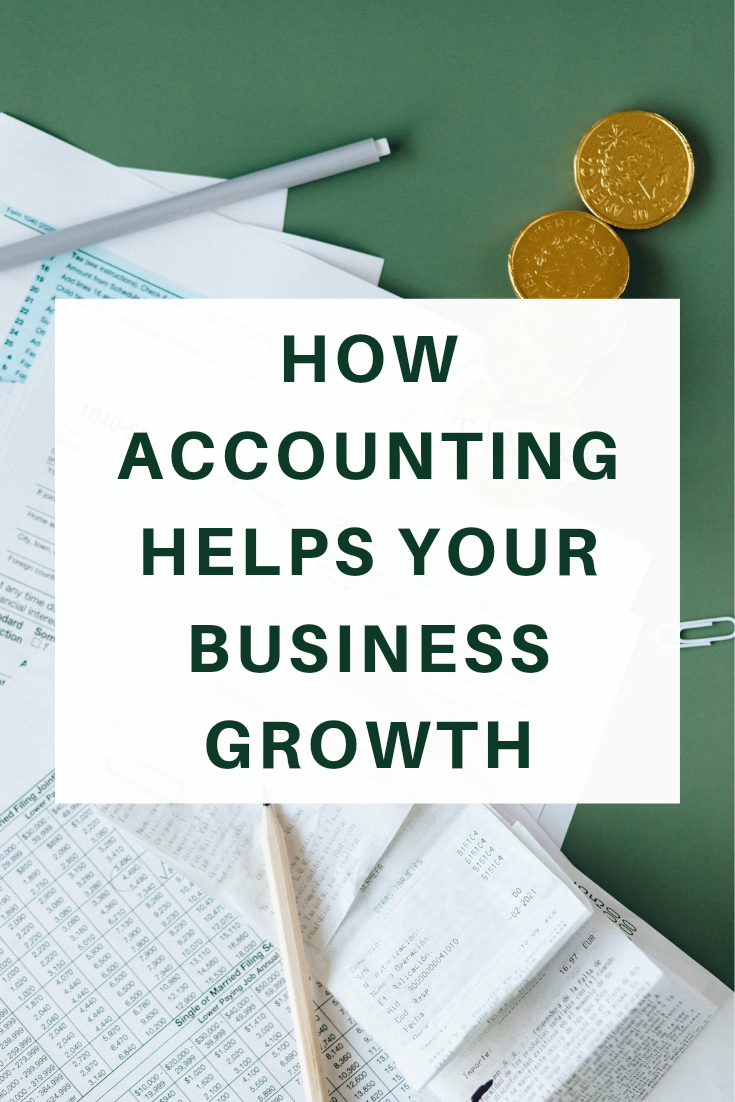If you’re used to doing most things in your business yourself, you’re probably doing your own accounting too. That’s fine when things are simple and straightforward, but there are times when more specialised or expert knowledge is needed.
Below are four solid ways that accounting can help you understand and plan your finances, providing you with the confidence needed for the next stage in your business growth.
Get it Right from the Start
Having a great idea is only the start, as anyone who’s gone into business knows only too well. There is a plethora of considerations from funding to cash flow to business model and type, premises, and the risks as well as the opportunities. Experienced accountants in business start-up can help you get on the right track, fill in the gaps in your business plan or attract investors. They can also make sure you’re properly registered with HMRC and Companies House if necessary.
But this type of advice isn’t just for start-ups. If you’re considering expanding (congratulations!), your accountant could help you benefit from different types of funding such as the Seed Enterprise Investment Scheme (SEIS) or Venture Capital Trusts (VCTs).
Make Your Money Work Harder
Your accountant can help you identify areas for growth, generate cash flow projections and steer you clear of financial pitfalls. During a growth phase, closely monitoring the finances is crucial since there are bound to be increased costs from adding staff, moving offices, or buying new equipment.
Even if you don’t make the most of professional accounting right now, you can still perform a bit of your own analysis on your figures by breaking your spending down into different categories. Those columns of numbers can help you identify best sellers, slow movers, growth opportunities, slack periods, and upcoming expenses you need to budget for.
For individuals, when it comes to paying your self-assessment tax bill, your tax return accountant makes sure you’re not paying too much, that all your expenses are properly claimed so you maximise your personal income. You don’t have to be earning a fortune either as accountants are not just for massive corporations.

Create More Time
Keeping up to date records can swallow large chunks of time in a busy, active business and for many it can be quite a burden. Daily bookkeeping is one of the tasks you can outsource to help free up a few hours and put the time to different use building your business. Financial reporting to HMRC is a legal requirement so there’s no avoiding it, unfortunately.
As the business grows, finances also tend to become more complex, so hiring a specialist to take care of them leaves you free for the day to day running of the business, which is probably what you’d rather be doing anyway. And remember, even if you choose to manage your own sole trader or freelance accounts through the year, many accountants will work with online accounting systems such as Freshbooks or Quickbooks.
Sound Business Advice
Very often, you don’t know what you don’t know and it’s easy to get things wrong, misunderstand legal requirements or miss funding opportunities. Many accountants will offer business advice, either from the start to help you sort out your proposed business structure, or later when you need more complex advice or information on how to minimise risks while growing.

Experienced accountants will have seen the challenges you’re likely to encounter and can draw on that experience to offer unbiased advice. Not all accountants are the same, offering different skills and strengths, so it’s important to speak to them in the first instance to find the best one for your business.
Good accounting creates clarity in the business, and this in turn builds confidence. When you know what your money is doing, and that it’s being managed carefully, you can be a sure as possible about the right time to think about business growth.
*This is a collaborative post

